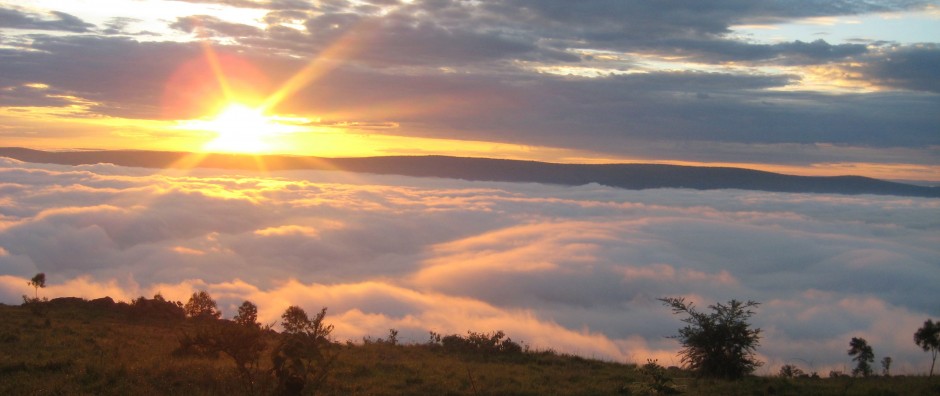I have been finished teaching for a little over a week now, and while I am still in Tanzania I want to take a little time to reflect on the experience of living here. I think maybe another post will be made in the future, dealing with my return to the states and reverse culture shock, but I expect this may be my last substantive post on Tanzania. I arrived here about 11 months ago, and have had a tremendously rewarding experience in many ways, but it has also been frustrating and disillusioning in some ways as well. I don’t think anything can compare with the challenge of living in a foreign culture for an extended period of time, in terms not only of the many ways in which you grow, but also in terms of the way such an experience impacts your life. It may not be for everyone, but it is an experience I recommend for anyone wanting to push themselves outside of their comfort zone and understand the world better.
Tanzania, and Africa more generally, is such a fundamentally different place from America. There are moments of deja vu, when, in a city, you walk into a air-conditioned supermarket, or stay in a nice hotel, but mostly (and especially if you are in a rural area) things are so different at the core that, at times, you must be able to abandon everything you find comfort in and throw yourself into a world you only understand at a very topical level.
You can ask questions like “Why is this taking so long?,” “What is the point of this?”,” or “What is happening?,” but largely these questions don’t make any sense to the people you ask them to, because the answers are understood at an innate level, learned over years, and the scenarios that lead to these questions are entirely expected. My blog has dealt with some of these experiences, like traveling, or line formation. To question why Tanzanians do the things the way they do is like questioning Americans why they hop in a car to drive around the block to grab some things at the supermarket to make dinner. They just do. There isn’t necessarily a reason for it. And so, living in Tanzania you come to accept those things. “Oh, all the afternoon periods at school are canceled because there is a blood-drive, though most of the students are ineligible to give blood? Right, no problem, I didn’t really need to teach those periods anyway.” Of course, that’s not really how you feel, but if you get angry and worked up about it (as I sometimes did), those feelings don’t get you anywhere. You have to learn to go with the flow, stop asking questions, and accept things as they come.
In doing so, you adapt, and you find that these nuisances start to bother you less. They still bother you, because you’re still American, and you’re still living in a different culture, but you begin to anticipate them. They still frustrate you, but they don’t bring you down in the same way, and you begin to accept that these nuisances are normal, and that they don’t bother you as much because you are slowing down yourself. “Tomorrow” becomes a little more acceptable, and “later on” is what you expected anyway.
You begin to find pleasure in the things you do understand, and, by living in this way, you begin to understand the answers to some of the many questions that, at one point, tormented you. They aren’t answers in the traditional sense, and you can’t really explain them to anyone else, and in fact it’s more like the questions don’t matter so much anymore. They’re still there, but they are not as important. When you watch others struggling with these questions you want to try and explain – and you can to an extent – but in the end what you’ve realized is that you can’t be told the answer: you have to live the experience to understand the world, and ultimately yourself, a little better. You will never – or at least not for a long time – feel more at home in this different way of being, but you will come to feel at home. And feeling at home in such a fundamentally different place is a very satisfying accomplishment.

I. Love. This.
I do too!